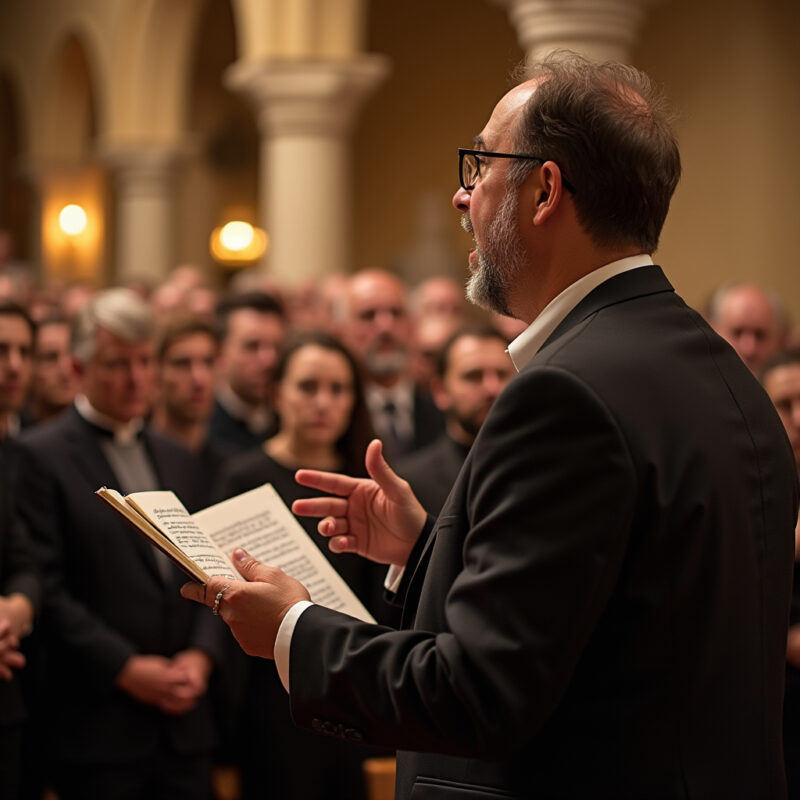This course will focus on the practice of liturgical music leadership. Each session will include vocal technique training and practical methods for introducing new repertoire to the assembly. Additionally, every session will explore the various parts of the Mass and other liturgical celebrations. Active participation from each student—both in singing and directing—is a compulsory component of this course.
Those involved in liturgical animation, or anyone interested in this ministry, to deepen their knowledge and enhance their practical skills in the field.
Target Audience Age: 18+
The course will take place on Wednesdays from 6:00pm to 8:00pm at The Archbishop’s Seminary, Rabat
| Date | Session |
| TBA | Practical musical animation for the mass 1 |
| TBA | Practical musical animation for the mass 2 |
| TBA | Practical musical animation for the mass 3 |
| TBA | Practical assembly conducting 1 |
| TBA | Practical assembly conducting 2 |
| TBA | Practical assembly conducting 3 |
This course has three exit certificate options:
- Certificate of Attendance
The student will receive a Certificate of Attendance when attending a minimum 80% of all contact hours for this course. - Certificate of Participation
The student will receive a Certificate of Participation when sitting and successfully compete and pass the short multiple-choice questions online exam which will be available on the Moodle platform. - Certificate of Achievement
To obtain a Certificate of Achievement, students must attend a minimum 80% of all contact hours and pass the short multiple-choice online exam practical and viva session.
This course is delivered by the Akkademja tal-Mużika Sagra Francesco Azzopardi in collaboration with the Pastoral Formation Institute.

















